Brick decorative patterns have been a timeless choice for many homeowners and architects, adding charm and character to structures. With a rich history and a variety of styles, brick patterns can transform a mundane wall into a focal point of beauty. In this article, we’ll explore different brick decorative patterns, their applications, pros and cons, and tips for choosing the right one for your project.
Understanding Brick Decorative Patterns
Brick decorative patterns refer to distinct arrangements of bricks that create visual interest and unique designs in buildings, walkways, and patios. These patterns can range from simple to intricate designs, allowing for customization based on personal taste and architectural style.
The Historical Significance of Brick Patterns
Bricks have been used for centuries, with various cultures developing their own decorative styles. From ancient Mesopotamia to contemporary urban designs, brick patterns tell a story of craftsmanship and aesthetic value. Incorporating historical elements into modern structures can create a seamless blend of old and new.
Benefits of Using Brick Decorative Patterns
- Durability: Brick is known for its strength and longevity, making it a low-maintenance choice.
- Versatility: Numerous patterns and colors can match any aesthetic preference.
- Energy Efficiency: Brick walls can provide natural insulation, reducing heating and cooling costs.
- Increased Property Value: A well-designed brick pattern can enhance curb appeal and property value.
Popular Brick Decorative Patterns
The beauty of brick patterns lies in their diversity. Here are some of the most popular options:
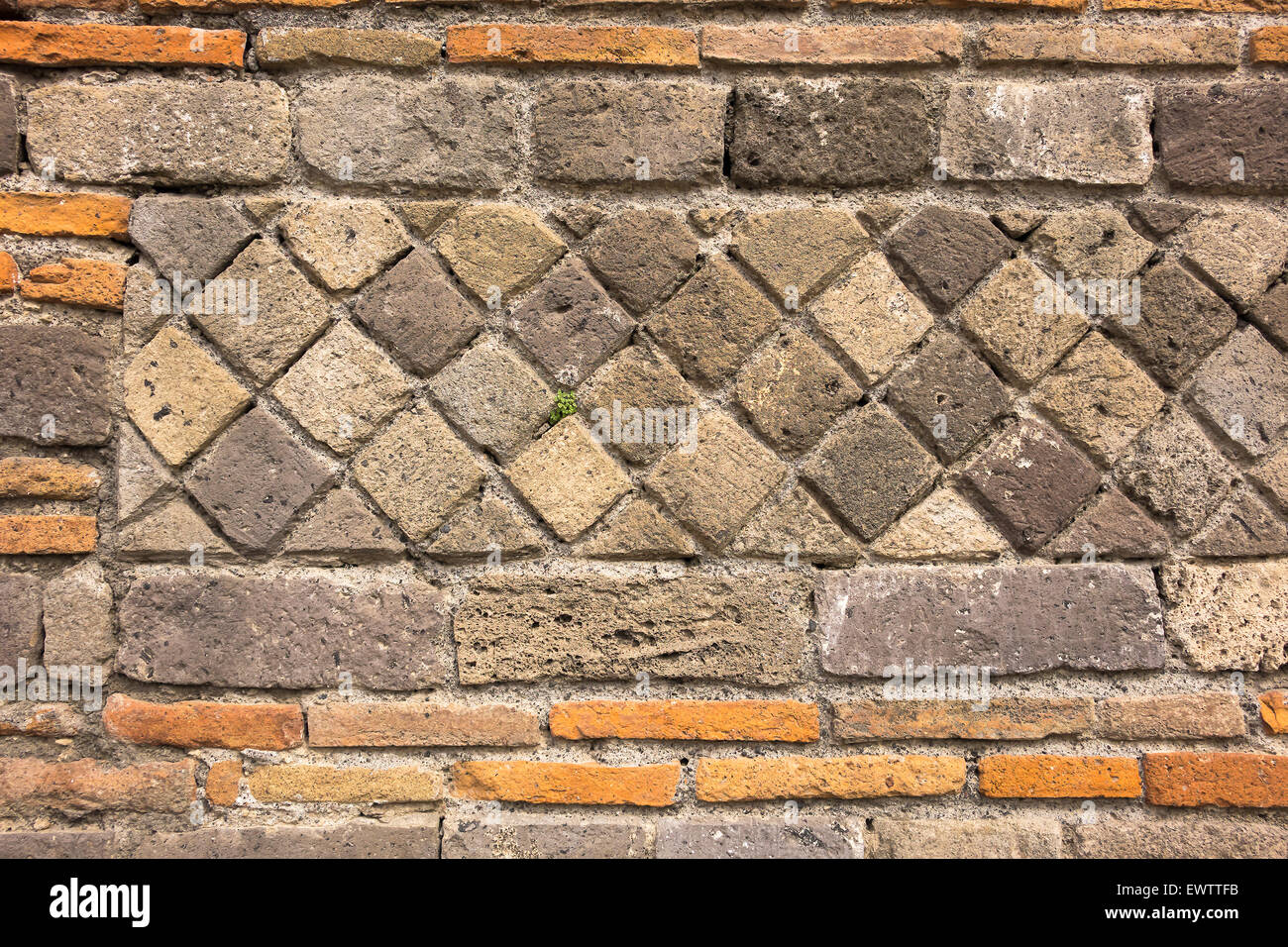
1. Running Bond Pattern
The running bond pattern is perhaps the most common. It features bricks laid in a staggered pattern, which creates a classic and clean look.
| Pros | Cons |
|---|---|
| Easy to install | May lack uniqueness |
| Good structural stability | Can look bland without color variation |
2. Stack Bond Pattern
The stack bond pattern consists of bricks stacked directly on top of each other, forming vertical and horizontal lines. This modern design emphasizes a minimalist aesthetic.
| Pros | Cons |
|---|---|
| Modern and sleek appearance | Weaker structural integrity |
| Easy to install | Can appear plain without texture |
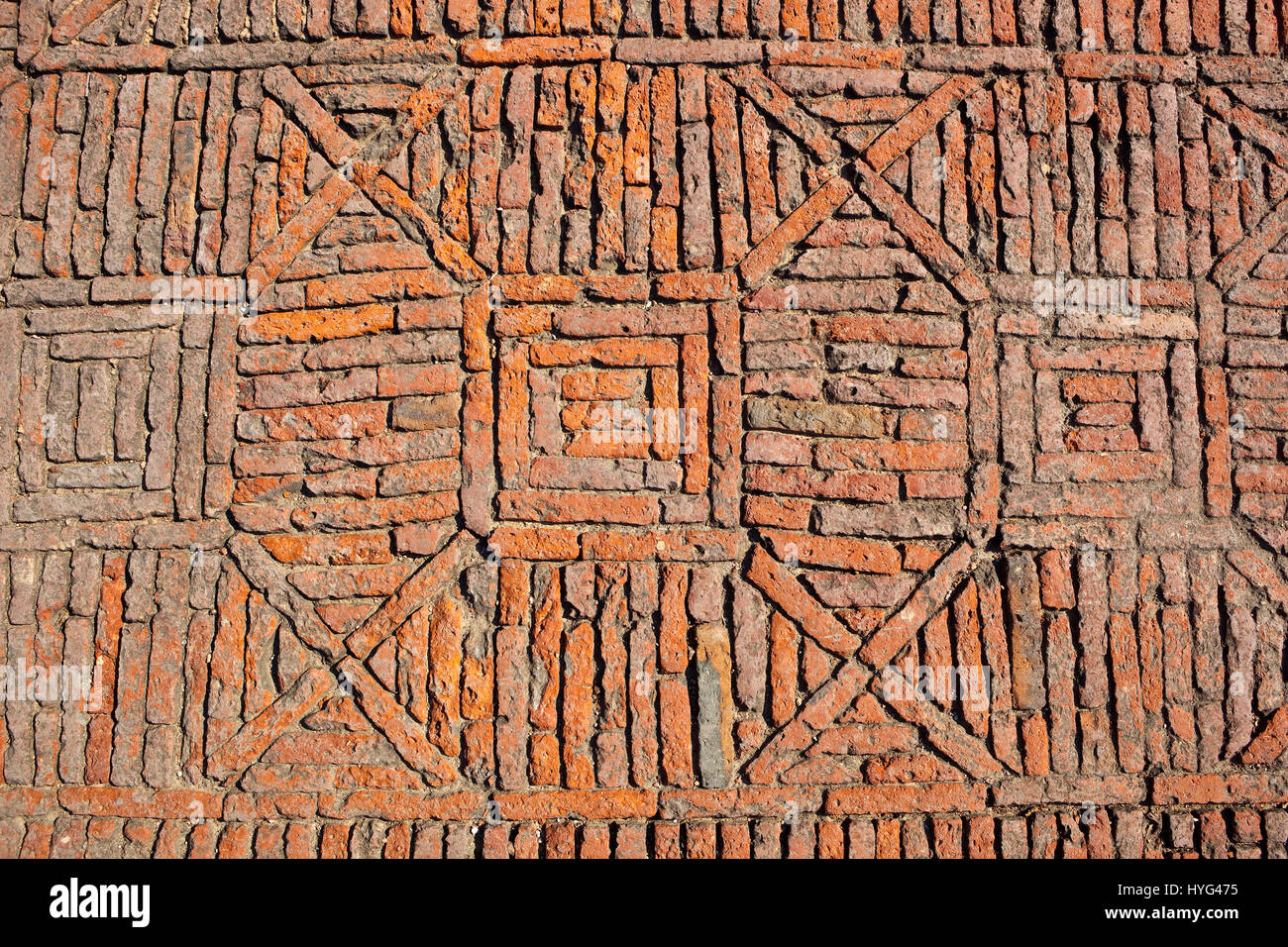
3. Herringbone Pattern
This eye-catching design features bricks arranged in a zigzag pattern, creating a sense of movement. It’s often used in driveways and patios.
| Pros | Cons |
|---|---|
| Highly decorative and unique | More challenging to install |
| Trendy and modern | More expensive due to labor |
4. Basketweave Pattern
The basketweave pattern alternates pairs of bricks horizontally and vertically, resembling a woven texture. It’s ideal for adding character to walls or pavements.
| Pros | Cons |
|---|---|
| Visually interesting | Can be complicated to execute |
| Provides a unique style | Not ideal for heavy traffic areas |
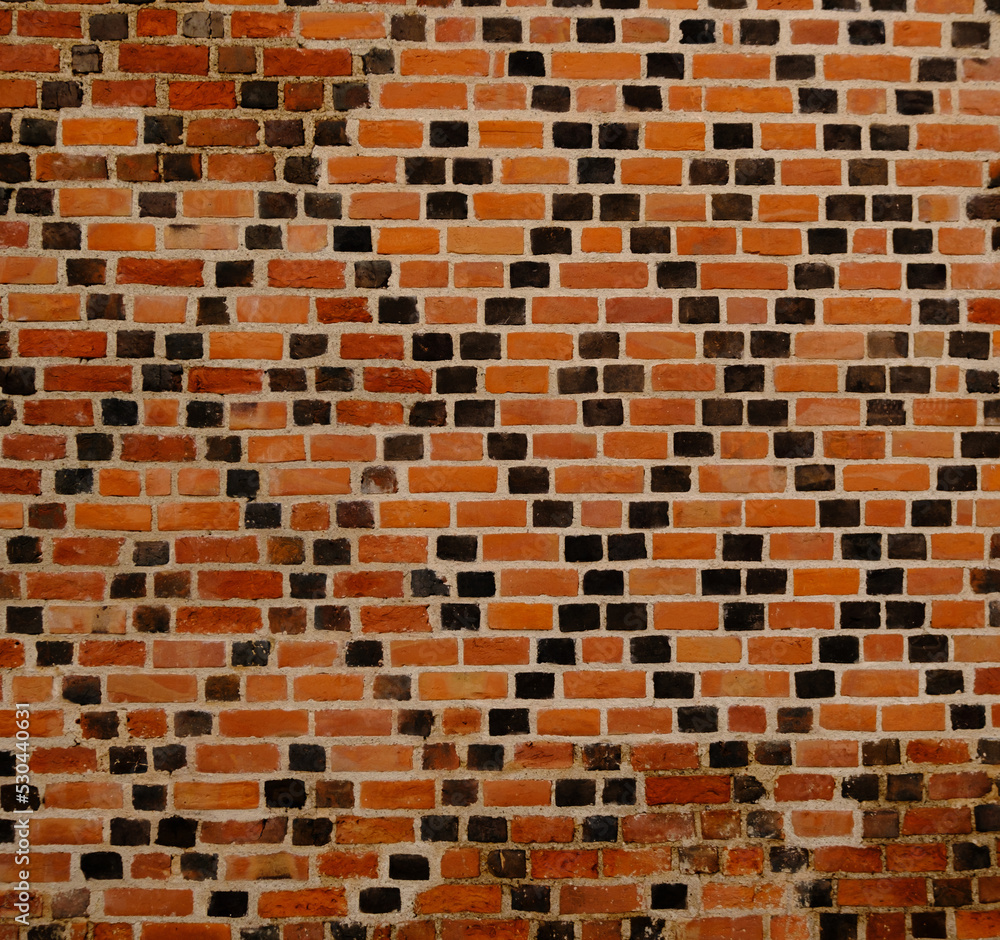
5. Soldier Course Pattern
The soldier course is created by laying bricks on their ends, standing vertically. This pattern can be used as an accent to highlight features like doorways or windows.
| Pros | Cons |
|---|---|
| Effective as an accent feature | Requires precise installation |
| Can complement various styles | Less effective if overused |
Choosing the Right Brick Decorative Pattern
Factors to Consider
When selecting a brick decorative pattern, consider the following:
- Architectural Style: Ensure the pattern complements the overall style of your home.
- Location: Certain patterns are better suited for high-traffic areas.
- Color and Texture: Choose colors and textures that match or contrast well with existing elements.
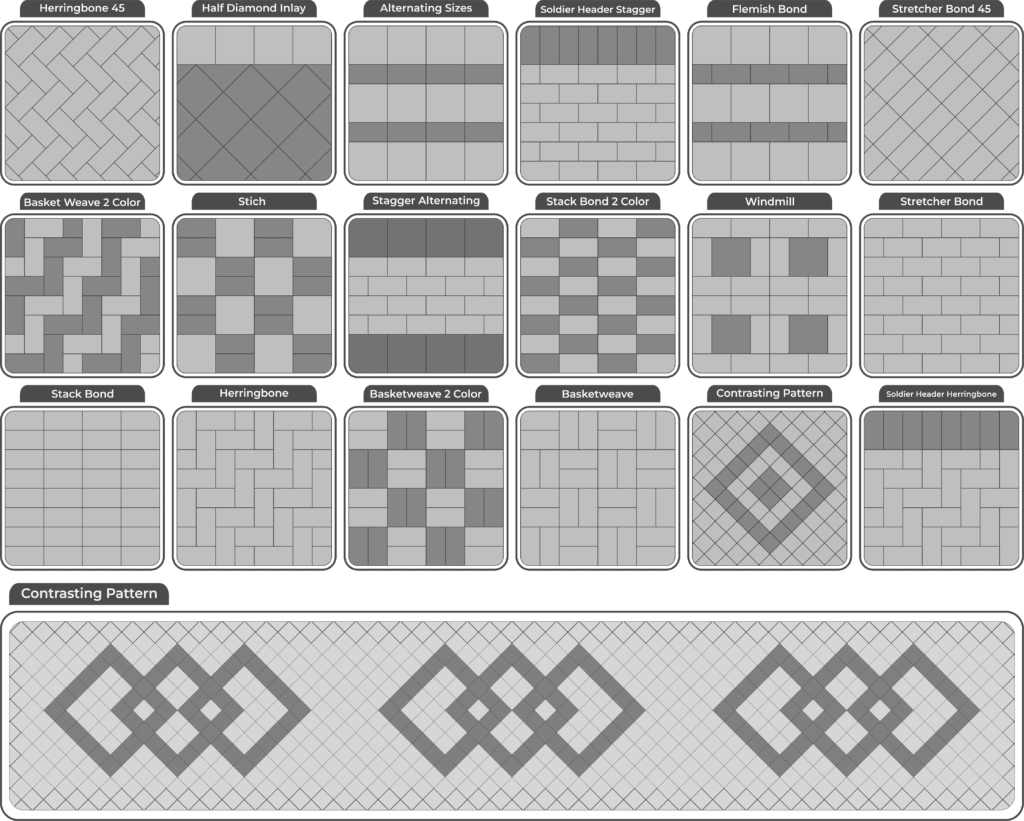
Personal Experience: My Journey with Brick Patterns
When renovating my home, I faced the dilemma of choosing the right brick pattern for my patio. After considering several options, I opted for a herringbone pattern due to its dynamic aesthetic. The installation process was challenging but rewarding. The end result not only transformed my outdoor space but also became a conversation starter when guests visited.
Common Mistakes to Avoid
- Skimping on Quality: Always choose high-quality bricks and materials.
- Lack of Planning: Plan your pattern and layout in advance to avoid mistakes.
- Ignoring Maintenance: Ensure that your chosen pattern is easy to clean and maintain.

Maintenance Tips for Brick Decorative Patterns
To keep your brick patterns looking their best, regular maintenance is essential:
- Cleaning: Use a pressure washer or scrub with a brush and mild detergent.
- Sealing: Consider applying a sealant to help prevent water damage.
- Inspection: Regularly check for loose bricks or cracks and repair as needed.
FAQs about Brick Decorative Patterns
What is the most popular brick pattern?
The running bond pattern is the most widely used due to its simplicity and structural stability.

Can I mix different brick patterns in one project?
Absolutely! Mixing patterns can create visual interest if done thoughtfully. Just ensure they complement each other.
How do I choose the right color for my bricks?
Consider the overall color scheme of your home and surrounding landscape. Neutral tones often work well, but bold colors can make a statement.
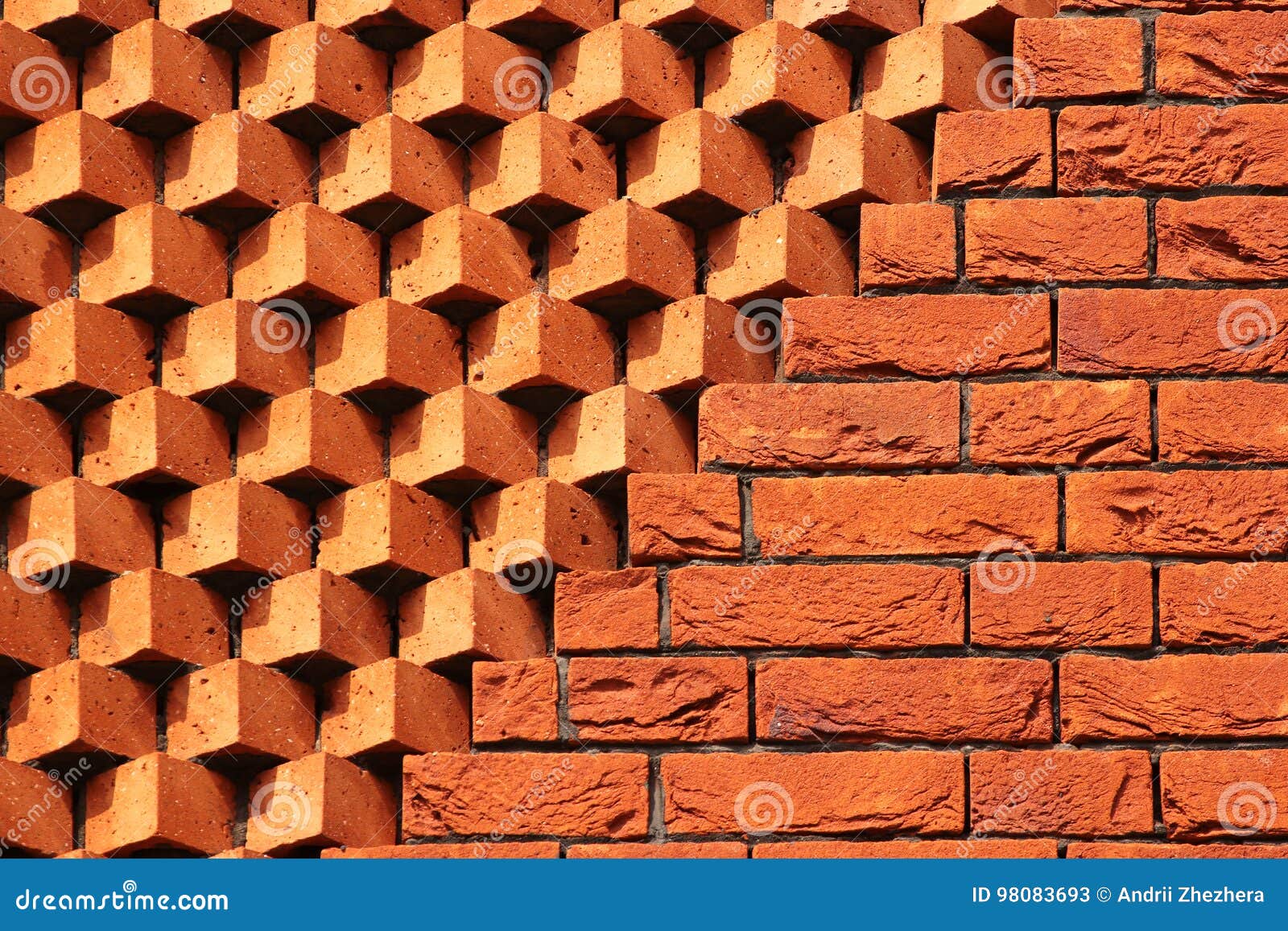
Are there environmentally friendly options for brick?
Yes! Look for reclaimed bricks or those made from sustainable materials for an eco-friendly choice.
How do I install a brick pattern myself?
While it’s possible to install a brick pattern yourself, it requires careful planning, the right tools, and some masonry skills. Tutorials and guides can help you through the process.
Conclusion
Brick decorative patterns offer endless possibilities for enhancing the aesthetic appeal of your property. From classic to contemporary styles, the right pattern can elevate the overall look and feel of your home. As you embark on your journey of incorporating brick patterns into your space, remember to consider your personal style, maintenance requirements, and the longevity of your choices. With the right knowledge and creative vision, you can create a visually stunning environment that stands the test of time.